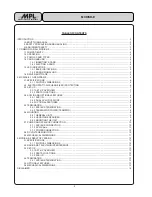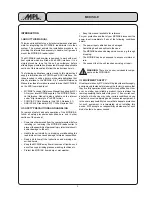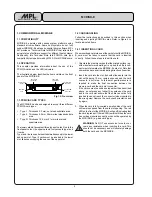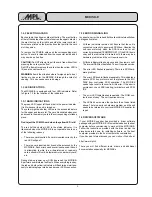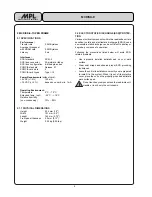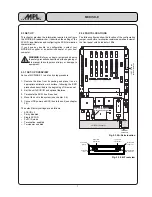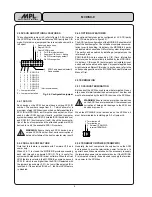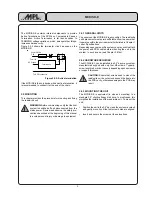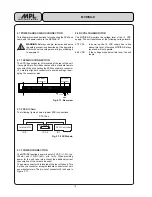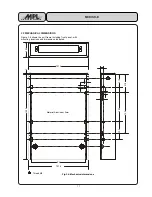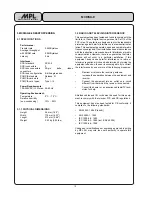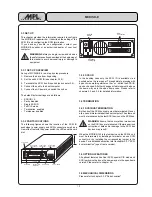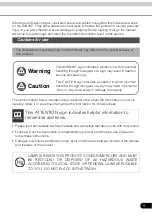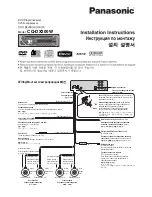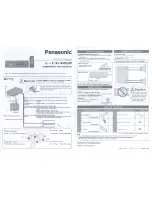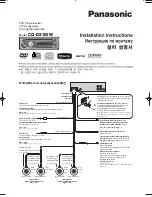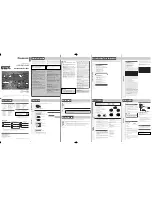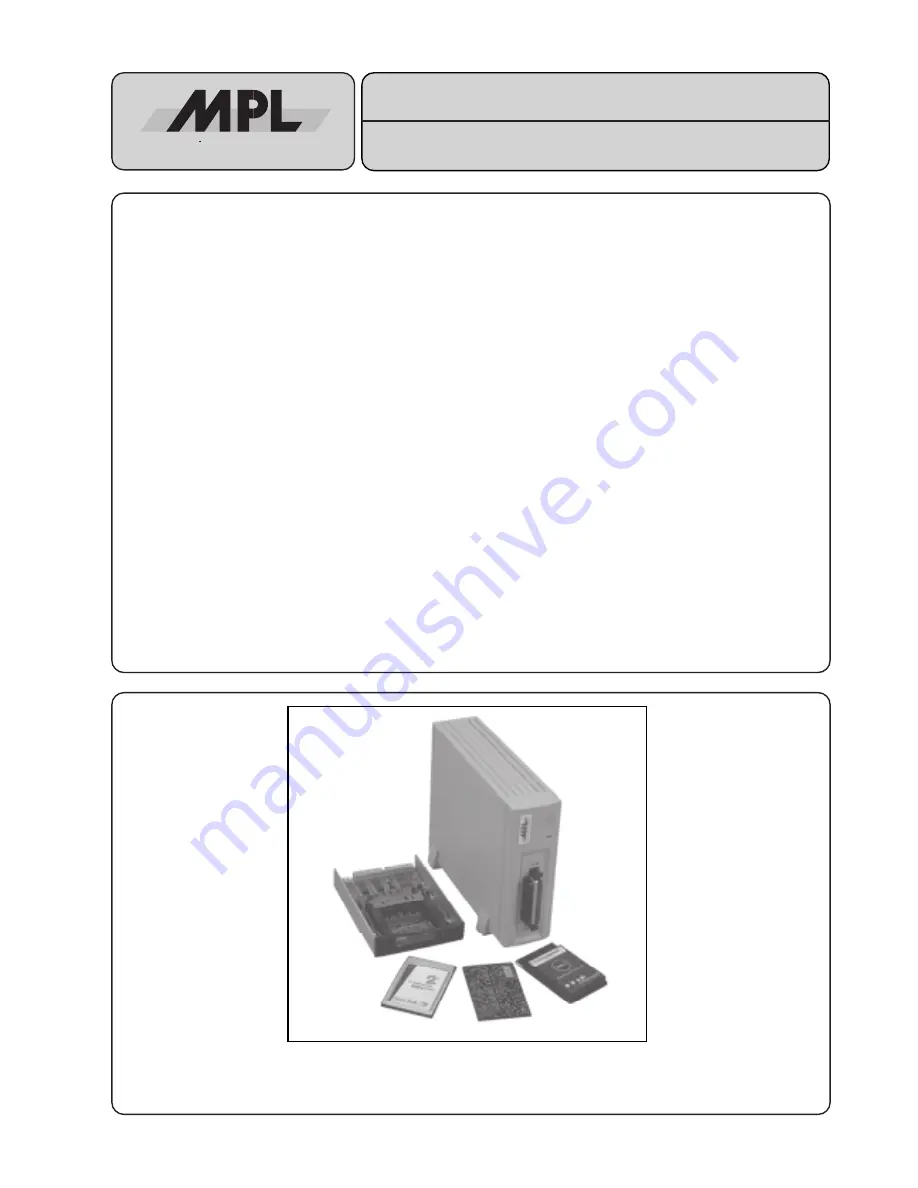
© 1997 by MPL AG
1
MCDISK-E
USER'S MANUAL
PCMCIA/JEIDA CARD READER/WRITER WITH SCSI INTERFACE
The MCDISK-E (Memory Card Disk) is a two slot card reader/writer for PCMCIA/JEIDA compatible memory cards. Two card
slots allow for simultaneous use of memory cards. The MCDISK-E can handle a wide variety of cards of any size: SRAM, ROM,
OTP, E(E)PROM, FLASH, I/O and PC-ATA disks. To interface those cards to the host equipment it has an SCSI interface. The
SCSI interface is widely used for connecting mass storage devices like hard disks to microcomputers.
A memory card can be thought of as an extremely fast disk storage device, because there are no latencies for moving
mechanical parts like read/write heads. In all other aspects however, a disk device and a memory card are much the same.
The MCDISK-E exists in two versions. The first one is equivalent to a 3.5" Floppy drive which can be easily incorporated into
OEM products. The second one is a desktop case with built-in power supply for easy connection to all computers with a SCSI
interface. However, although the reader/writer device is compact and economically priced, no concessions have been made
in its performance. It provides a fully professional yet highly economic solution to demands for data storage in harsh
environment. This makes the MCDISK-E ideal for use in many industrial and business applications with SCSI data input and/
or output.
MEH-10000-003 Rev. H
References :
MCDISK-E-1 Open frame Reader/Writer for JEIDA/PCMCIA Memory Cards +5V / +12VDC
MCDISK-E-5 Desktop case Reader/Writer for JEIDA/PCMCIA Cards 100-240VAC / 50-60 Hz
TECHNICAL FEATURES
• Size and mounting compatible to 3.5" floppy disk drive
(open-frame with 1” height) for MCDISK-E-1
• Desktop case for horizontal or vertical mounting
for MCDISK-E-5
• Interfaces PCMCIA/JEIDA Memory Cards to any system
with a SCSI interface
• Double card slot
• Separate SCSI ID for each slot can be configured
• SRAM, ROM, OTP, E(E)PROM, FLASH and I/O card sup-
port
• PC-ATA disk support
• Card sizes 512 Byte up to 64 MByte (PC-ATA: 4 GByte)
• Powerless card inserting of PCMCIA cards
• Memory card types I, II and III are supported
• Supports direct access to entire memory card (raw access)
• Hybrid card (mixed memory types) and multiple partition
support
• All PCMCIA operations handled automatically by the unit
• Built-in socket and card services feature transparent access
to card data for PCMCIA-unaware host systems
• High data security through block check capability
• Local 68HC11 processor
• SCSI-2 interface with a WD 33C93 SCSI controller
• Standard SCSI command set
• Low power consumption, typ. 120mA (no card inserted)
• Fast 2 Mbytes/s transfer rate
High-Tech Made in Switzerland


